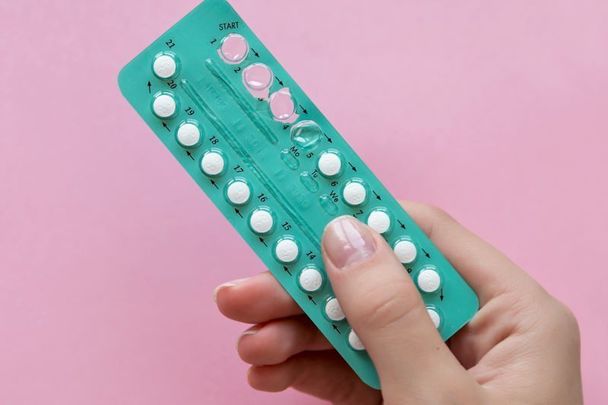Ireland’s Minister for Health Stephen Donnelly announced on January 1 the expansion of the free contraception scheme to include women aged 31, as previously announced in Budget 2024.
Ireland's free contraception scheme is open to women, girls, and other people identifying as transgender or non-binary who are ordinarily resident in Ireland and for whom prescription contraception is deemed suitable by their doctors.
The scheme was launched in September 2022, initially for those aged 17 to 25, and expanded to include 26-30-year-olds in 2023.
Access to free contraception has now been expanded as of January 1, 2024 to include women aged 31.
"I am delighted to announce the further expansion of the free contraception scheme to those aged 31," Minister Donnelly said on Monday.
"Incrementally improving access to contraception is a key priority for this government, supporting positive sexual health and choice in family planning.
"The scheme is an important support for women’s health, and for equality, given that the costs of contraception are typically faced by women.
"Moreover, in the context of current cost-of-living pressures, this is another support for women and their families that reduces costs."
Ireland's Department of Health noted that the scheme covers the cost of consultations with GPs, family planning, student health and primary care centres, and prescriptions for the wide range of contraceptive options available on the Health Service Executive (HSE) Re-Imbursement List. These options include long-acting reversible contraception (LARCs). LARCs include injections, implants, and hormonal and copper intra-uterine devices and systems (coils). The scheme also includes emergency contraception in addition to the oral contraceptive pill, patch, and ring. LARC fittings, removals, injections, and checks are also free of charge under the scheme.
Prescriptions are dispensed at a local pharmacy of choice. If LARCs are chosen (coils and implants, for example), patients return to a service provider participating in the scheme to have the device fitted, and subsequently removed. All of these costs are fully covered by the State and are free of charge to the patient.
The Department added that in addition to its primary use, hormonal contraception also plays a key role in treating adverse symptoms, such as pain and heavy bleeding, that can be associated with periods.
Almost 2,400 GPs, primary care, family planning and student health centres, and other related community medical facilities, and 2,050 community pharmacies have signed up to provide services and products under the scheme to date. Approximately €41.5 million is allocated to support the scheme in 2024.
Further information regarding both free prescription contraception and the National Condom Distribution Service is available through the HSE’s Sexual Wellbeing website. This information is regularly updated and provides full details of how to access the scheme.
Ireland's free contraception scheme is a sign of fast-changing times in the country, where the sale of contraception was illegal from 1935 until 1979 when regulations dictated it could only be used for family-planning purposes at the discretion of a doctor. It was not fully legalized until 1993.




Comments